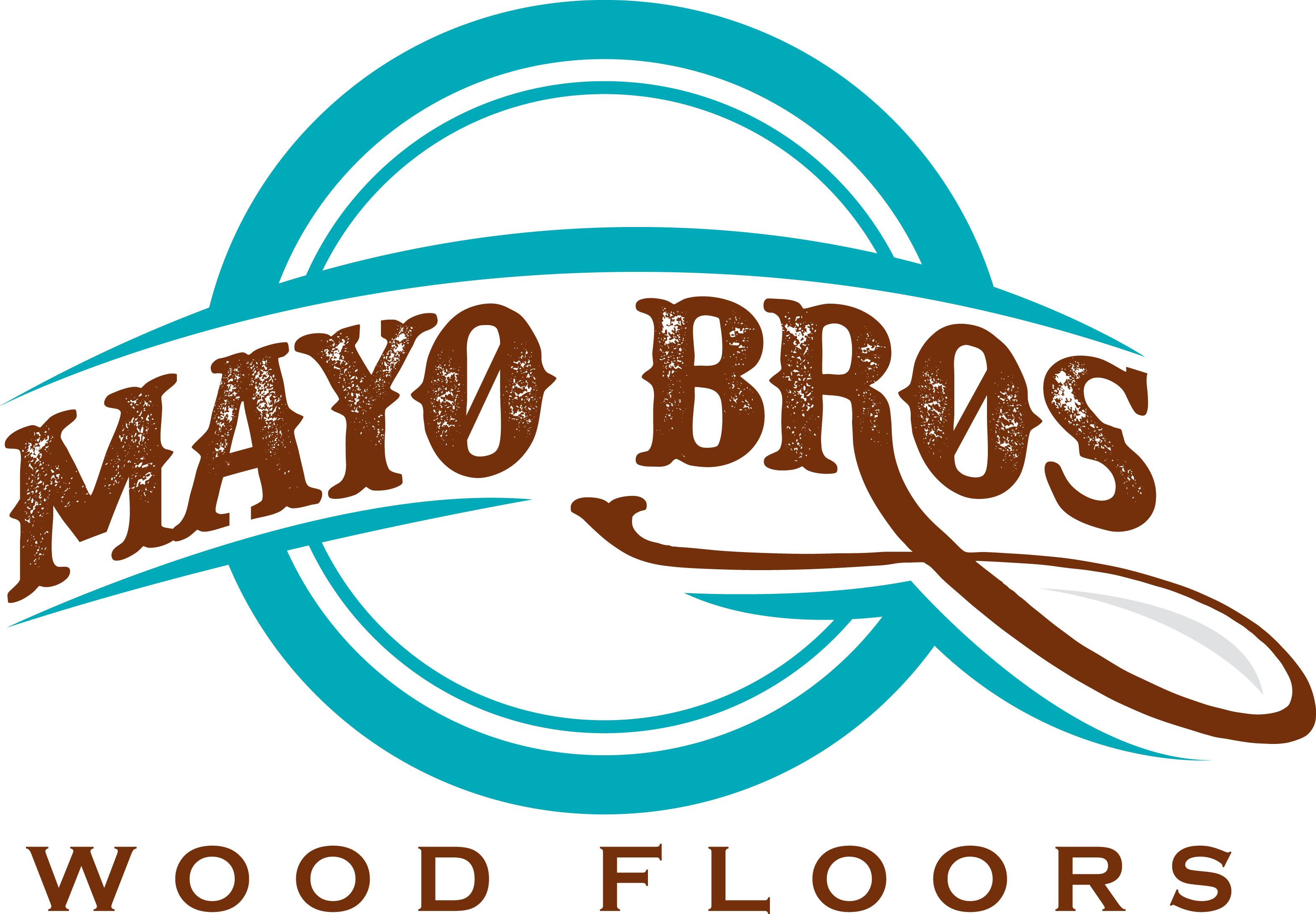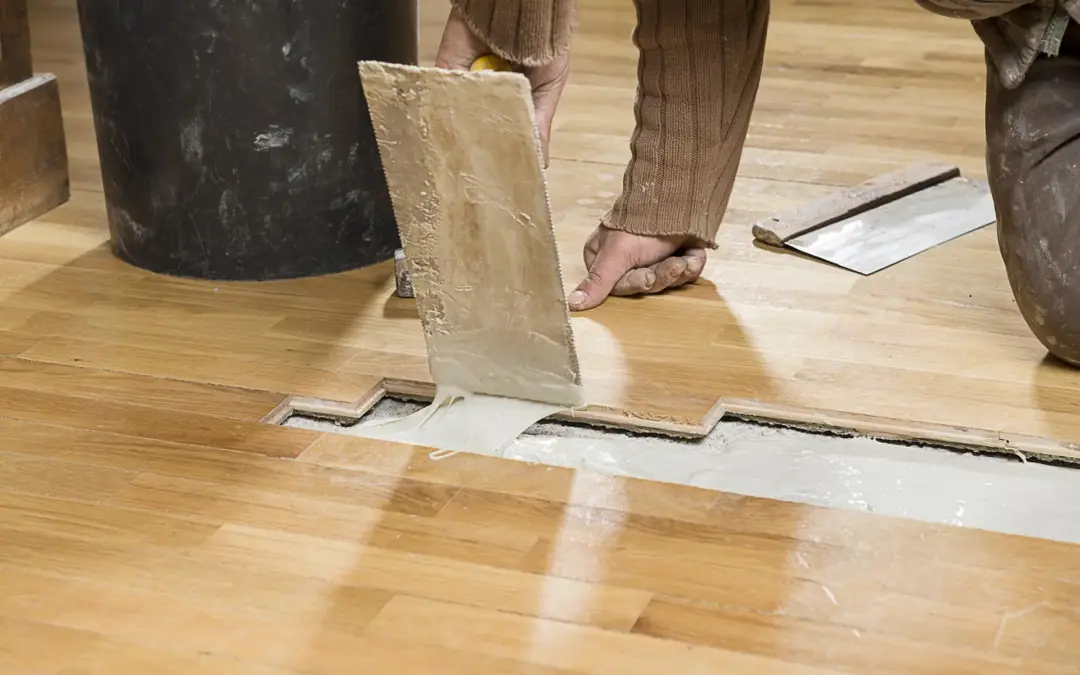Hardwood floors are a popular choice for their timeless beauty and durability. However, they are susceptible to water damage, which can be a homeowner’s nightmare. In this article, we will explore the various aspects of hardwood floor repair after water damage, from the causes and signs to DIY solutions and professional services.
Understanding Hardwood Floors
Before delving into repair, it’s essential to understand what hardwood floors are. They are natural wooden planks, offering a warm and inviting ambiance to your home. Their unique character and charm make them a prized feature in any house.
Causes of Water Damage to Hardwood Floors
Water damage can occur due to various factors, including:
1. Spills and Leaks
Accidental spills and leaks are common culprits. Whether it’s a spilled drink, overflowing bathtub, or a leaking pipe, hardwood floors can suffer damage.
2. High Humidity
Excessive humidity in the environment can cause the wood to absorb moisture, leading to warping, cupping, or buckling.
3. Flooding
Natural disasters or plumbing failures can result in flooding, which can cause severe damage to hardwood floors.
Signs of Water Damage
Identifying water damage is crucial for prompt action. Look out for:
1. Cupping
When the edges of the wooden planks curl upward.
2. Buckling
When the floor starts to rise in the center.
3. Staining
Dark spots or discoloration on the wood.
Immediate Actions to Take
Act swiftly when you notice water damage:
1. Remove Water Source
Stop the water source immediately to prevent further damage.
2. Dry the Area
Use fans and dehumidifiers to dry the affected area.
3. Contact Professionals
If the damage is extensive, call a professional for assessment.
DIY Steps for Hardwood Floor Repair
If the damage is manageable, you can attempt some DIY solutions:
1. Sanding and Refinishing
Sand the affected area and refinish to restore the floor’s appearance.
2. Board Replacement
Replace damaged boards to maintain the floor’s integrity.
3. Regular Maintenance
Preventative measures, such as sealing and waxing, can protect your hardwood floors from future damage.
Professional Repair Services
For severe water damage, it’s best to seek professional help:
1. Assessment
Professionals will assess the extent of the damage.
2. Water Extraction
They will use specialized equipment to remove excess water.
3. Repairs and Restoration
Experts will restore your hardwood floors to their former glory.
Preventing Water Damage
To avoid water damage in the future:
1. Use Area Rugs
Place area rugs in high-risk areas to prevent spills from reaching the floor.
2. Maintain Ideal Humidity
Use a humidifier to maintain an ideal humidity level in your home.
3. Regular Inspections
Inspect your floors periodically for any signs of damage.
Caring for Your Hardwood Floors
Proper care can extend the life of your hardwood floors:
1. Regular Cleaning
Sweep, vacuum, and mop with a damp, not wet, cloth.
2. Avoid Heels and Sharp Objects
Be cautious with high heels and sharp objects that can scratch the floor.
Long-term Implications
Ignoring water damage can lead to more significant issues, including structural damage and mold growth.
Cost of Hardwood Floor Repair
The cost of repair varies depending on the extent of the damage. DIY repairs are cost-effective, while professional services can be more expensive.
DIY vs. Professional Repair
Deciding between DIY and professional repair depends on the severity of the damage and your skill level.
Conclusion
Hardwood floor repair after water damage is a challenging but necessary task. Taking immediate action, whether through DIY methods or professional help, can save your beautiful hardwood floors.
FAQs
1. Can I prevent water damage to my hardwood floors? Yes, using area rugs, maintaining ideal humidity levels, and regular inspections can help prevent water damage.
2. How can I tell if my hardwood floors are damaged by water? Look for signs such as cupping, buckling, or staining on the wood.
3. What should I do if my hardwood floors have extensive water damage? Contact professionals for assessment and repair.
4. Are DIY repairs for water-damaged hardwood floors effective? DIY repairs can be effective for minor damage, but severe cases may require professional help.
5. What is the cost difference between DIY and professional hardwood floor repair? DIY repairs are generally more cost-effective, but professional services can be pricier, depending on the damage’s extent.

